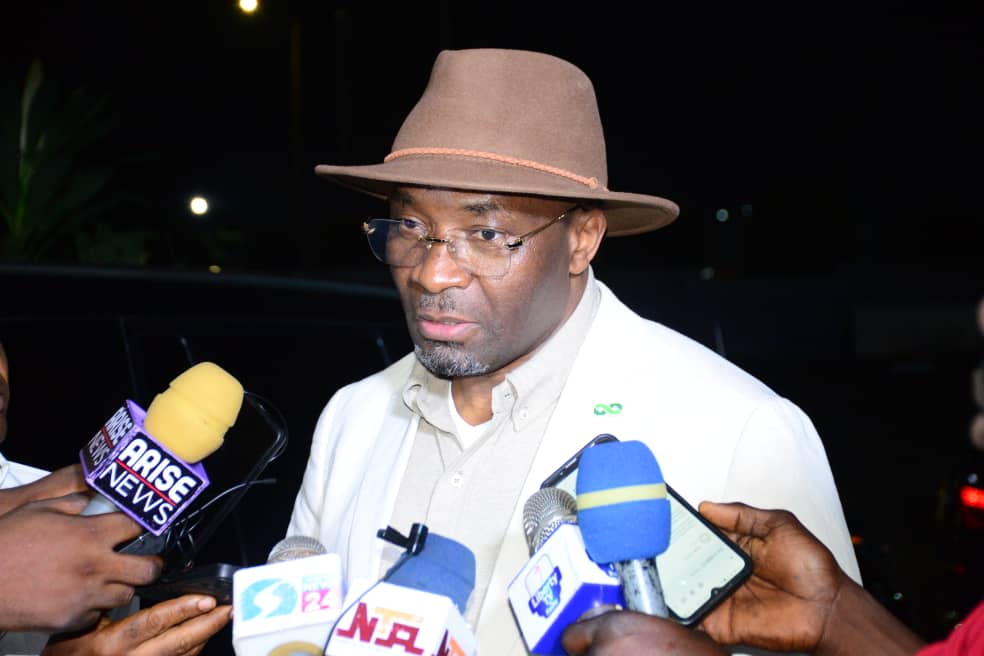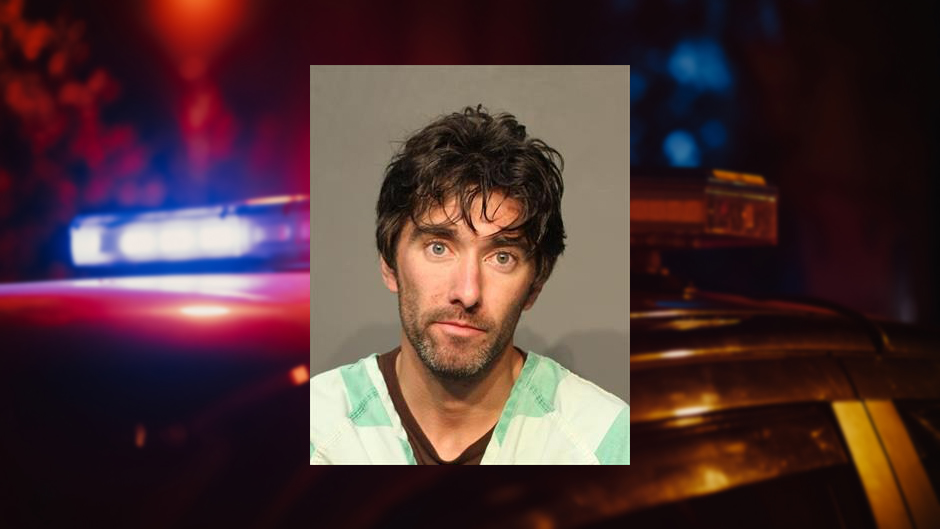By Nicholas Kalu,The Nation
Copyright thenationonlineng

Deputy Speaker of the House of Representatives Benjamin Okezie Kalu has said Nigeria can no longer delay the creation of state police if it hopes to tackle its security challenges effectively.
Kalu, who spoke with journalists in Abuja on his return from Geneva, Switzerland, where he attended the 55th Parliamentary Conference on the World Trade Organization/Inter-Parliamentary Union (WTO-IPU) Public Forum 2025.
He said NigeriaŌĆÖs centralised policing structure was inadequate and far behind global standards.
Earlier hosted by Nigerian Students at Harvard Kennedy School in Massachusetts, United States, Kalu said the only way this can be achieved is to unbundle it from its current structure.
He said: ŌĆ£On the State Police bill that is before the parliament, we are thinking about the response time of policing in Nigeria which at the moment is below the global standard. The only way we can achieve this is if we unbundle it from the way it is centralized like what other countries are doing: Municipal police, State Police. And just the constitution is clear on what is on the concurrent and exclusive lists.
ŌĆ£Certain subject matters will now be handled by the State Police and Federal Police respectively if we set it up and break it down the way Nigerians want it and thatŌĆÖs why we are calling for the national public hearing on Monday. LetŌĆÖs have this conversation on issues like this to know whether you want it or not, or should it be tailored in one way or the other. There may be fears of hijacking it but we cannot because of that deny the majority of Nigerians the security of lives and property that we promised them as a government.
Read Also: Kalu urges stronger parliamentary role in driving digital trade, multilateralism
ŌĆ£So, we should be looking at the bigger picture. Everyone in Nigeria may not be a politician but everyone needs security of lives and property. So, we are saying which one should we go for? The greater good or the fear of the minor threat? . I think we should go for the greater good so that the good in the majority will suppress the threat in the minority.ŌĆØ
Kalu said Nigerians demonstrated rare patriotism and resilience by standing with President Bola Tinubu in the wake of the fuel subsidy removal and other bold economic reforms, stressing that the difficult decisions were necessary to put the country on the path of sustainable growth.
He said the Nigerians in diaspora showed keen interest in the governmentŌĆÖs reforms and in issues of representation.
ŌĆ£The engagement was to have an appraisal of what we are doing, bring them up to speed with what the government is doing in regards to reforms. How far the reforms have fared and where we are headed. You and I know that Nigeria needed this reform. ThereŌĆÖs no two ways about it.
ŌĆ£We needed a leader with courage, a leader with boldness to be able to take the steps the President has taken. Some of us who are in the same administration with him, though weŌĆÖre in the other arm of government, we are standing fully with him on this reform. Removing subsidy launched us into an era of seeing things the way they are, feeling the pain, and then adjusting so that we can enjoy better later on.
ŌĆ£And many may have thought we were going into recession and the rest of them. But we weathered the storm, and I want to thank Nigerians. As Nigerians, we are very resilient. And we were able to stand with him. Today, the dynamics have changed.ŌĆØ
On the clamouring for diaspora voting, the Deputy Speaker reiterated his long-standing support but cautioned that Nigeria must first strengthen its local electoral system.
ŌĆ£Rome was not built in a day. It will happen, but we must first put our house in order. If Nigerians say during constitutional amendment hearings that they want it, we will look at the possibility,ŌĆØ he explained.
Kalu also shed light on his intervention in the crisis involving local contractors, particularly in the Federal Capital Territory, who threatened strike action over unpaid fees.
He said the approach of ŌĆ£legislative diplomacyŌĆØ helped to calm tensions and secure commitments from government agencies.
ŌĆ£Though we are three arms of government, we are one government. The objective of the President is our objective too. We will not allow the executive to fail and then stand aside. That is not how to drive an emerging democracy,ŌĆØ he said.



